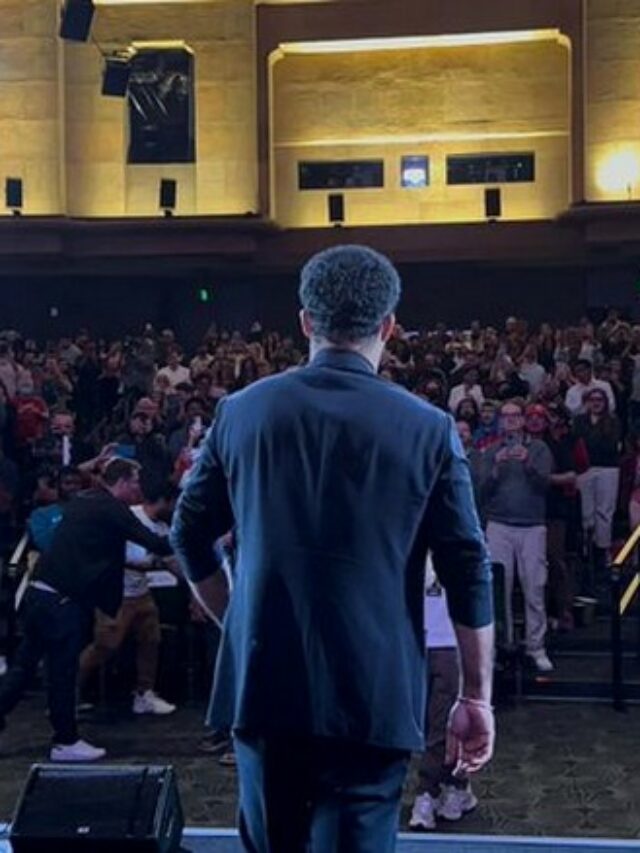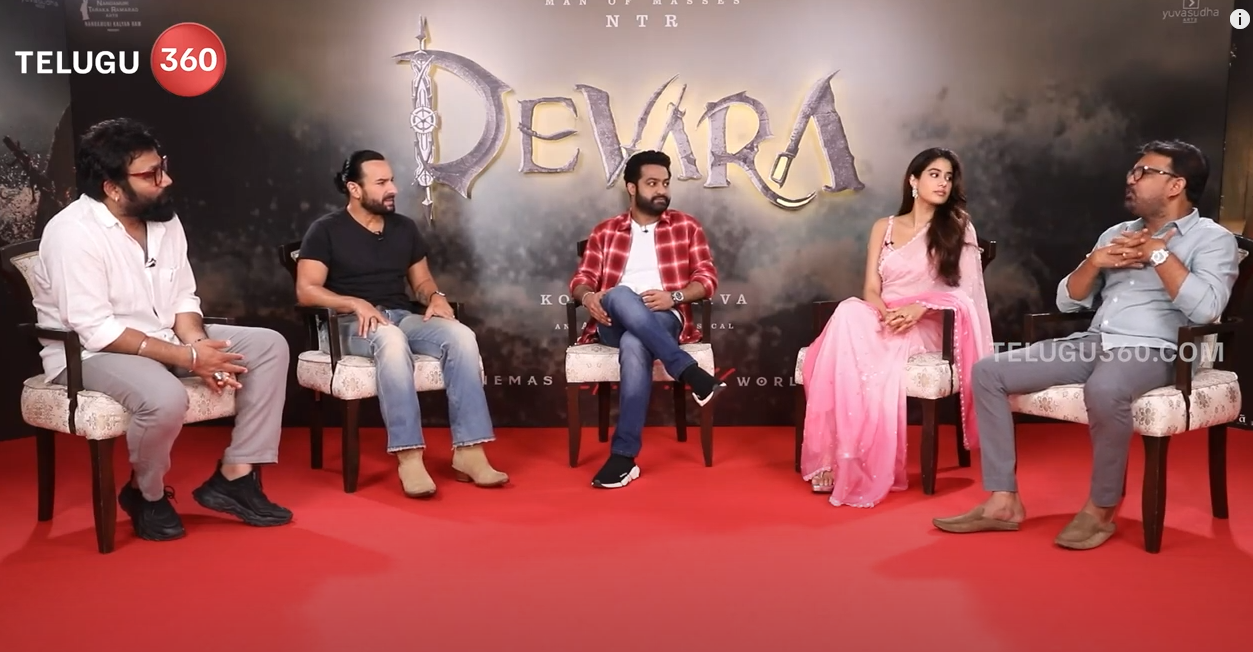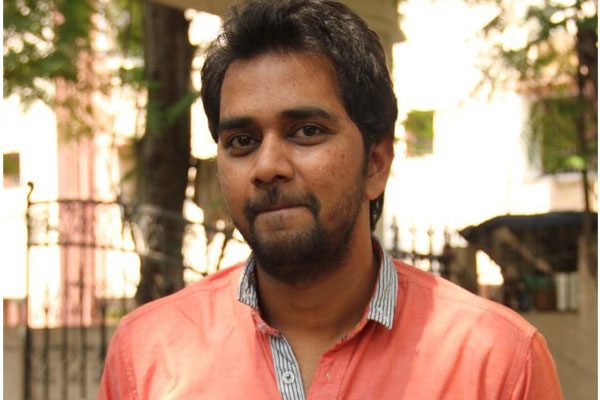Chandoo mondeti interview,Premam Director Interview,Director Chandoo Mondeti Interview
Interview by HP
Chandoo Mondeti, who made a splash with Nikhil starrer Karthikeya, raised quite a few eyebrows when he went on to announce that he’d be directing the Telugu remake of Malayalam blockbuster, Premam, starring Naga Chaitanya. In this candid interview, he explains the logic behind his decision to direct Premam, the joy of working with Chaitanya and Shruti Haasan, and how he faced the trolls on social media since the launch of the project.
Nobody would’ve expected you to direct a remake, especially after making heads turn with a terrific debut (Karthikeya). Was this a planned move?
It wasn’t. Chaitu and I were planning to collaborate on another story. It was around the same time, I had watched Premam, and I liked it as much as everybody did. I remember watching the film on its first day of release in Hyderabad, but the rage yet hadn’t caught on. I discussed about the film with Chaitu a few times and within a week’s time, he was flooded with offers to star in the film’s remake. A lot of producers felt the project will work if made with Chaitu, and that’s when he also decided to watch it. He loved the film and we decided to remake it. However, we didn’t want to tamper with the soul of the original. The original Premam is a tribute to nearly 30 popular Malayalam classics, and has multiple references to costumes, dialogues and music. The challenge was to adapt those scenes to suit Telugu nativity. When I started writing, the process got me excited and I gradually gained confidence and was convinced that I could pull it off. The comparisons were bound to be there and I was aware right from the day I accepted the offer, but we were clear that the film will entertain those who hadn’t watched the original version in Malayalam. As a project, from a commercial standpoint, this film is very important to me, Chaitu and my producer.
A lot of people felt the remake could have at least used a different title. What’s the story behind retaining the same title?
Movie-making is a collaborative effort. The process could involve ten or even hundreds of people and most decisions are taken collaboratively, including the title, its design and even zeroing in on the release date. The title of the original version had a strong impact on the trade. When it came upon us to lock a title, we asked ourselves what does Premam really mean. In our research, we found out that it’s a Sanskrit word that meant love. In any language, the first powerful word is love and it is the force that drives us all in our respective lives. We’ve tried to convey a similar message in the film. We had initially considered the title Majnu, but the distributors felt audiences would confuse it for a tragic love story. And they felt it might not pique the curiosity of the audience. It was collectively decided if we retain the original title people might flock to the theatres to see what it is all about.
Is it true that the film had recovered its investment on the day it was launched? If yes, then it sure must have added a lot of pressure on you.
The film was sold area-wise on the day it was launched. Producer Dil Raju and a few overseas distributors came forward to buy the film. More than the pressure, my responsibility as a filmmaker grew by leaps and bounds. Honestly, I never felt any kind of pressure while working on this project, and the credit goes to my producer and my team for the faith they had in me.
Casting worked wonders for the original version of Premam. You remained two heroines from the Malayalam version. Is it because you couldn’t find better actresses?
Let’s look at a film from a commercial standpoint. If I were to list down the top three factors that decide the success of a film, first one has to be recovering the cost incurred. If your film can recover the investment on the release day, you have a hit. Keeping in mind the hit status, we cast the lead actors. Out of the three heroines we were certain we needed a star heroine (Shruti Haasan) to pull the crowds. What everybody needs to understand is that the original Premam was made with zero expectations, and it didn’t require high budget. They spent over 100 days in its making and nobody cared about it. Given their budget, they could take the risk and it paid off.
Shruti Haasan’s inclusion in the cast drew a lot of flak. How did you deal with that?
A section of the audience felt Shruti’s image won’t suit Malar teacher’s character. But when you watch the film, you will understand why we cast her. Apart from her amazing screen presence, her inclusion in the project helped us from commercial standpoint. I’m not the best judge of her performance because it’s for the audience to decide when they watch the film.
Ever since the film was launched, a section of the audience constantly believed it was an insult to the original. Did that kind of negativity and hatred affect you?
Every person is entitled to his/her opinion. With the advancement of social media, people no longer discuss within four walls. They pour their heart out on Facebook and Twitter. Instead of saying something to someone’s face, they prefer to share it on social media. When we released the video of Evare (Malare) song, a section of Telugu audience didn’t like it and they were vocal about it. However, people within the industry, and I’m referring to some bigwigs, fell in love with the song and called me to share their excitement. Irrespective of the response from within the industry, we were worried after some nasty trolls on the song got circulated. It got us really worried and it directly affected all the positivity we had built until then. I wondered if such diverse reactions will affect the film’s opening and called up my producer to discuss the same. To our surprise, it was after the release of the song, exhibitors started buying the film from the distributors. In an area like Ceded, special morning shows are usually organised stars such as Balakrishna and NTR. But after the release of Evare song, students from that region announced that they’ll organize special show for Premam. I admit the song disappointed 5-10% of the audience and we respect their opinion. But it appealed to a section of the audience who hadn’t watched the original. We didn’t make this film to hurt the intentions of anybody. We made it because as a team we liked the original and the idea of remaking it into Telugu got us excited, and we felt those who didn’t watch the Malayalam version will be as excited as us when they watch our version of the film. In several of his interviews, Chaitu had made it very clear that we didn’t set out to make a better film than the original.
What kind of changes have you made to the remake vis-à-vis the original?
Some moments in any love story are universal. No matter in which language you make a film in, you can’t change these moments. For instance, universally, people will feel the same way when they see a beautiful girl. The reason most people fell in love with the original Premam was because of its universally appealing emotional moments. We’ve changed scenes that pay tribute to some Malayalam films in the original. We have recreated these moments by using references from popular Telugu films and it pays tributes to several stars. I had to rewrite some scenes to bring the Telugu nativity.
How was the experience of working with a star like Naga Chaitanya in your second film?
Chaitu has the knack of making people around him comfortable. You never feel like you’re talking an actor who comes from a star family. Initially, I restricted myself from opening up to him because I had my own reservations. However, it all changed as we started working together. He’s very friendly to work with and never do you see him get agitated or under pressure. Given an opportunity to work with him again, I’d be glad.
Do you still have plans to work on the sequel to Karthikeya?
I already have the script ready. I also have a couple of more scripts in the same genre.
























